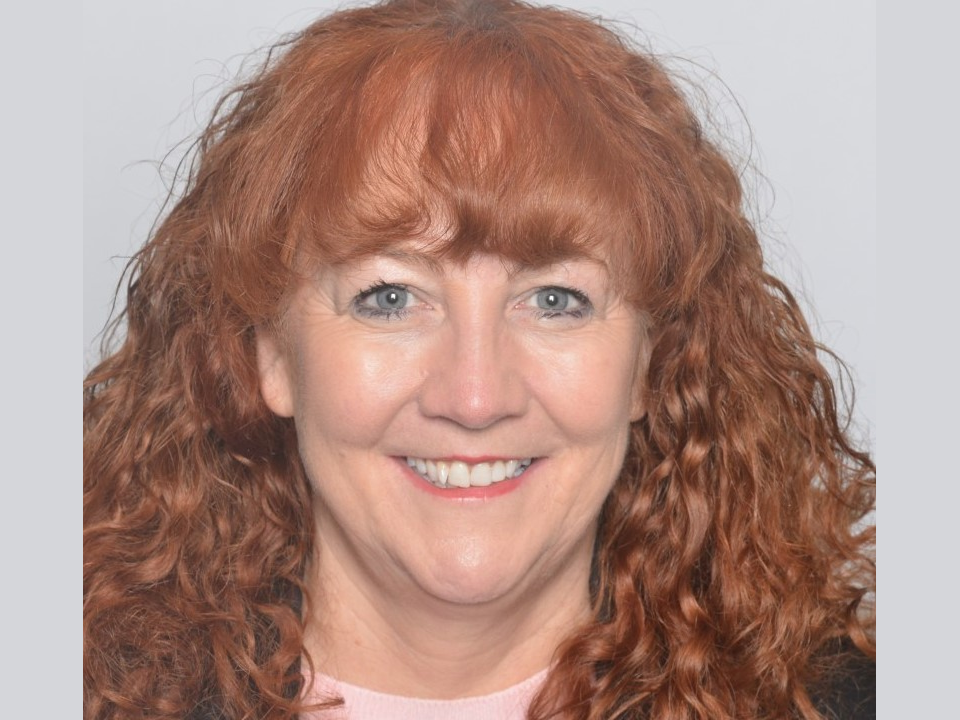
Andy Smith
ADCS President 2024/25
Strategic Director of People Services, Derby City Council
Someone once said that time waits for no one and here I am, at the end of March, writing my final blog as ADCS President. In my first blog as President back in April 2024, I said that the year ahead had to be one where childhood matters. We were arguably at a critical moment in the country’s relationship with children and young people and could see only too well the consequences of children’s needs and outcomes not being valued or prioritised. So where are we now?
Back in April, I described my Presidential year as one of two halves. Well, that’s the first thing I got wrong! I’m not sure any of us predicted a general election in July, but it was clear that whatever the outcome, it was an opportunity to grab with both hands and make the remaining three quarters really count for children. So, whilst I might like to think that my presidential year will be remembered for my sartorial style (who doesn’t love a double-breasted suit?!), setting the tone with a new government, and representing the sector and children has been a privilege and career highlight.
There’s no doubt that under the new government there has been a different tone to the relationship, with Ministers talking about local government, and ADCS, as partners rather than stakeholders. Right from the off, when I had the initial meetings with the Secretary of State and the new Ministerial team, it felt different, there was a genuine interest in our views about the challenges, priorities and opportunities for children. Regardless of your politics, the Secretary of State is absolutely on her brief, value laden and genuinely wants to give children every opportunity. ADCS has also had the opportunity for more detailed roundtable discussions with Ministers on areas such as early education, SEND and inclusive education.
We’re now eight months on since the general election and it does feel for the first time in many years that children’s needs, rights and outcomes are being prioritised by government. It was positive that the Department for Education was ready to present the Children’s Wellbeing and Schools Bill in the first King’s Speech back in September. As an Association, we’ve also welcomed the government’s focus on prevention and early intervention via family help. And, whilst local government and children’s services still needs sustainable long-term funding, the £270m in the Children’s Social Care Prevention Grant is a welcome down-payment to the change needed - but still a long way from £2.6 billion (now with interest) recommended in the Independent review of children’s social care.
We often reflect about the impact ADCS makes in the national policy space and how this links back to Presidential priorities. I’ve always viewed Presidential priorities as a process that evolves from one President to another, an evolution that reflects the policy landscape but also leaves space for the President to shape. We can clearly see the influence ADCS has as a national voice for children and young people, and you can see this writ-large in the Bill currently working through Parliament in areas like tackling profiteering, the social work agency market and elective home education.
So, a change in policy direction for the better, but still some way to go. In January this year, ADCS published phase nine of our Safeguarding Pressure research which brought the evidence base up to date, from April 2007 to the end of March 2024. For the first time, poverty was consistently raised as a safeguarding concern, with a new cohort of working families who are no longer managing to make ends meet in the cost-of-living crisis. Housing, including concerns about access, quality and escalating costs, was increasingly an issue for families. The lasting impact of Covid-19 on children and young people’s lives and on their outcomes was increasingly visible in growing levels of mental health need amongst children plus their parents and carers, via heightened inequalities, deteriorating behaviour in schools resulting in rising exclusions, as well as social and developmental delays in younger children.
And of course, a range of health challenges from the impact of delayed access to assessment or treatment plans for children and for parents and carers, particularly for alcohol and substance misuse as well as for mental health. For the first time, poor parental mental health had overtaken domestic abuse as the most common factor in children’s social care assessments. It’s positive that the government has established a task force focused on tackling child poverty and it’s been a privilege to be involved in this. However, as we approach the government’s own target of publishing a strategy and action plan by Spring, this must address the root cause of poverty and not just focus on the mitigations.
This year, one of the priorities that has been particularly important to me is how we strive to be a more inclusive and diverse Association. We know that it’s long been the case that there is more diversity in our second and third tier leaders than in the DCS ranks, although this is slowly changing. We are starting to see changes and impacts, for example, we made some purposeful changes at last year’s ADCS Annual Conference, based on feedback from members, which were well received, and I know this will continue to be a key focus for us as an Association.
I should also say that 2024 marked the 20-year anniversary of the DCS role. This year has really demonstrated that the role still feels relevant and has currency. Throughout the year, I have taken every opportunity to advocate and promote the role of DCS as a systems leader; it really is the best job in local government despite the challenging context we navigate. As we look ahead, I know Rachael Wardell will be a brilliant advocate and champion for children as our incoming ADCS President and I look forward to working with her and Ann Graham, ADCS Vice President, in 2025/26. And there’s still so much to do…implementing the Bill, an anticipated White Paper on inclusive education later this year, and the emerging impact of Local Government Reorganisation.
As ever, I remain optimistic. I know that, as an Association and a sector, we can continue to hold our collective nerve and continue in our unapologetic determination to make childhood matter.





